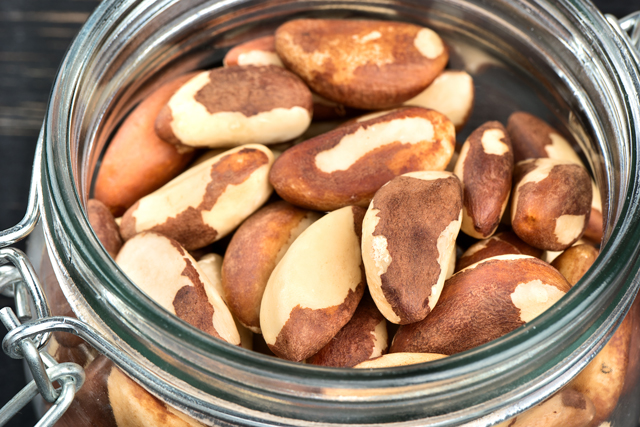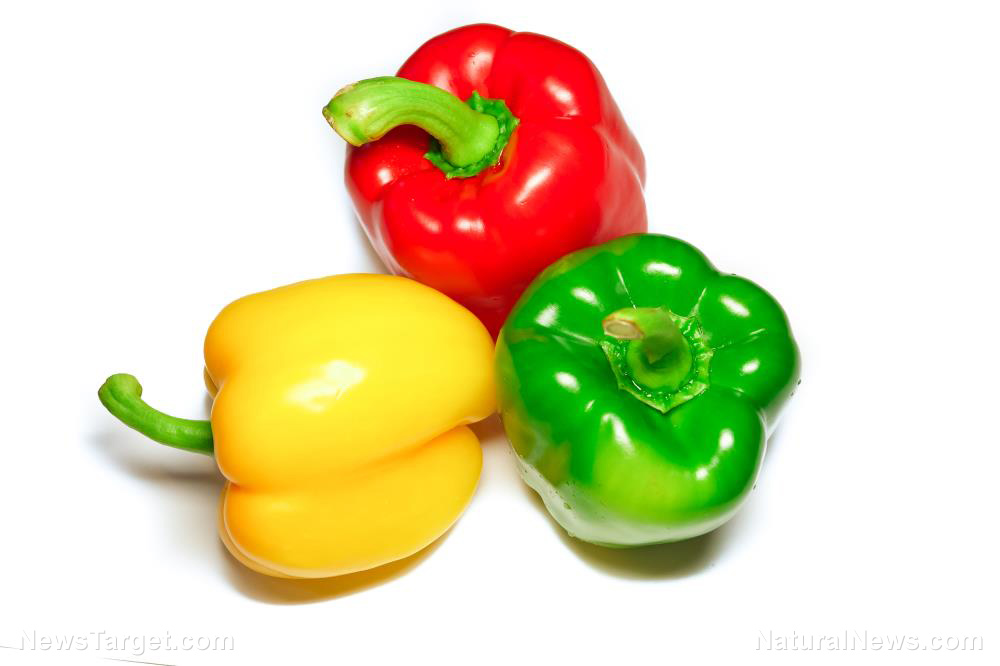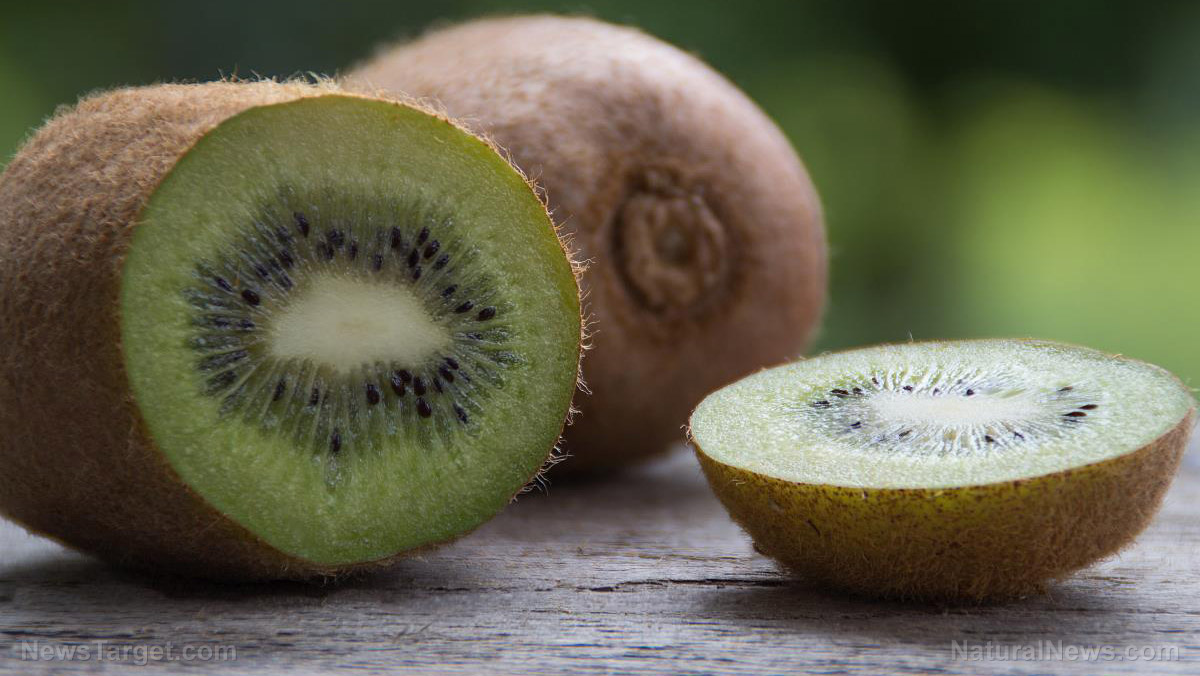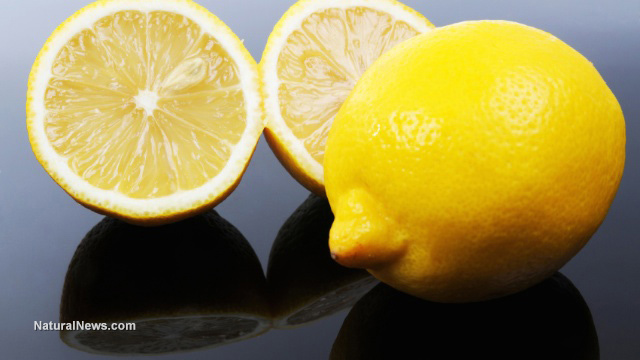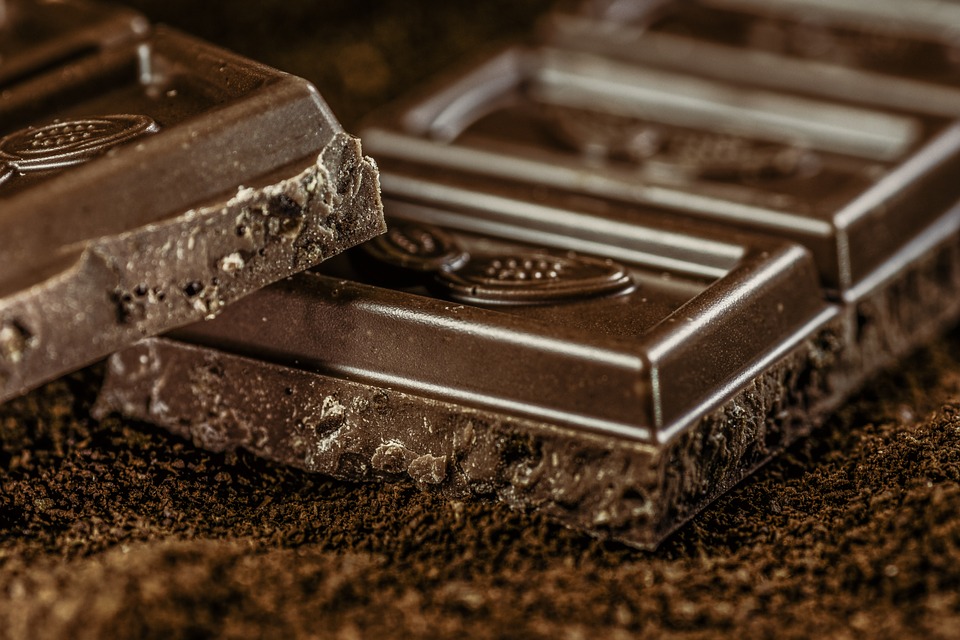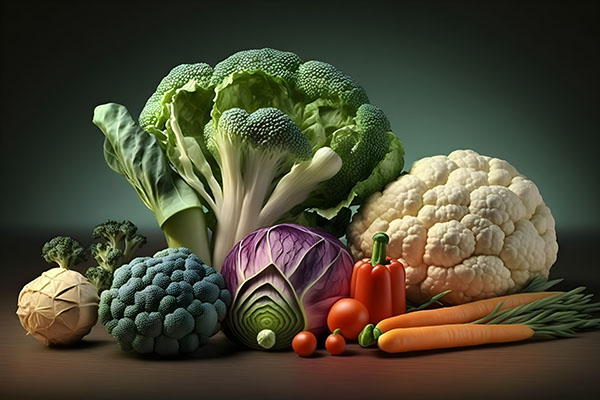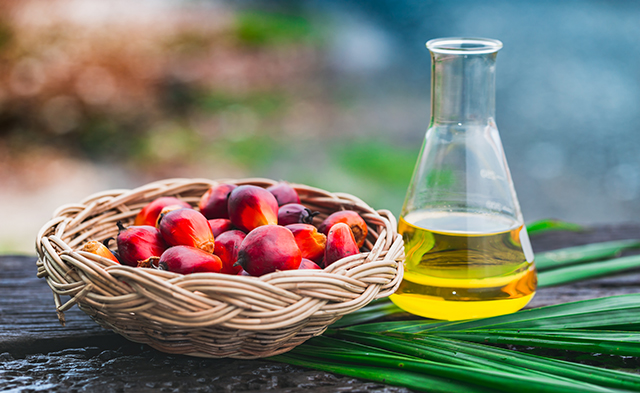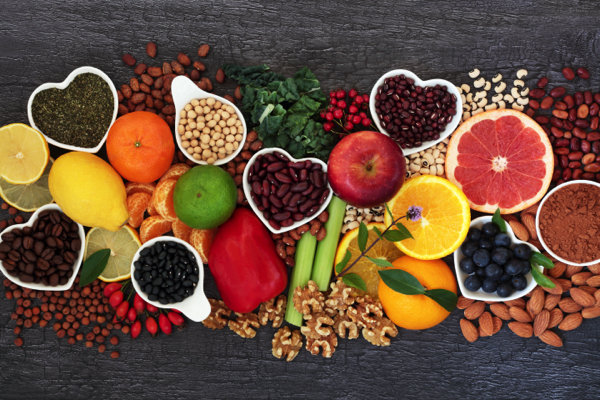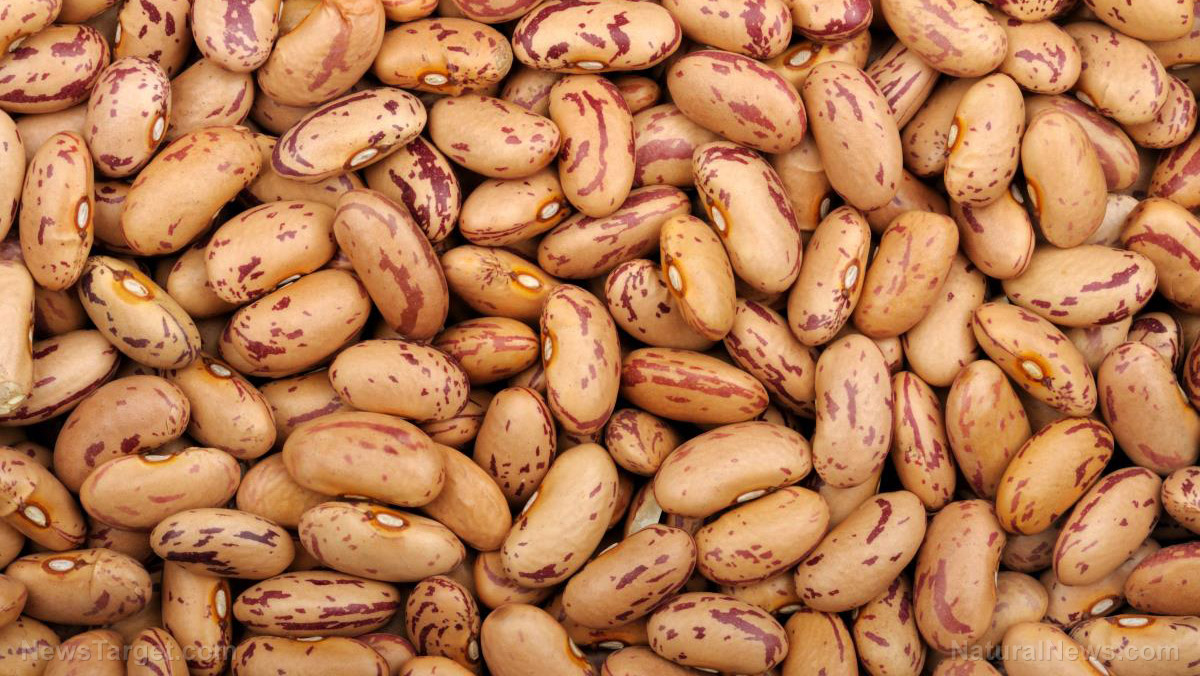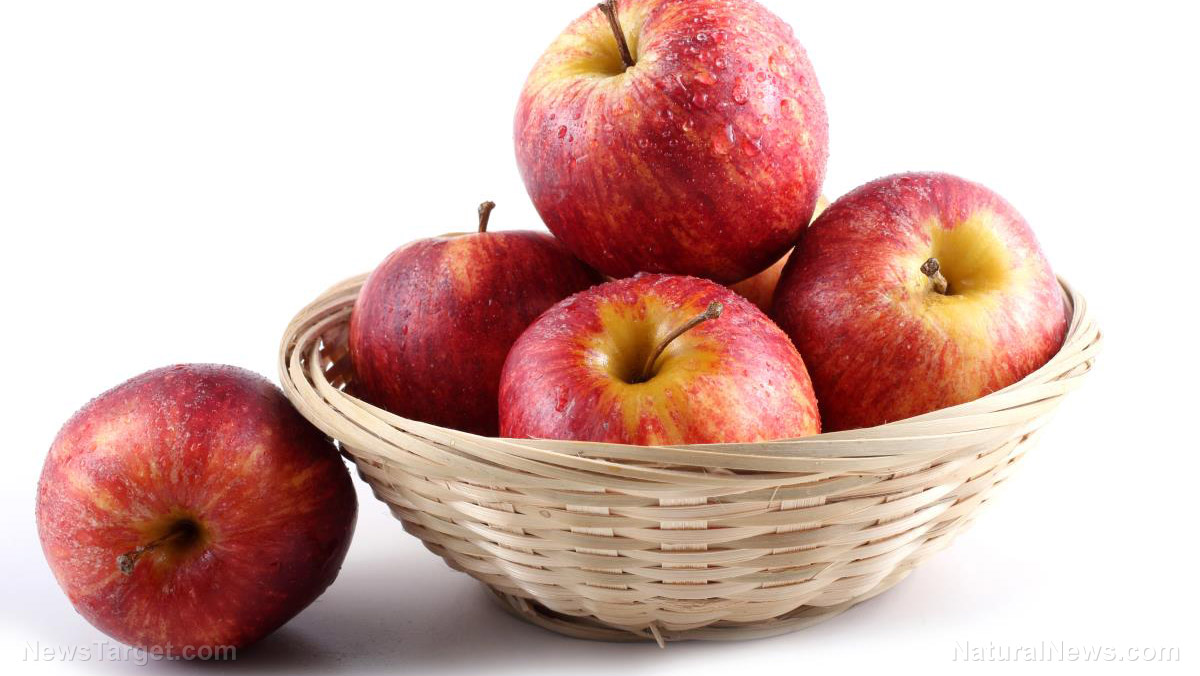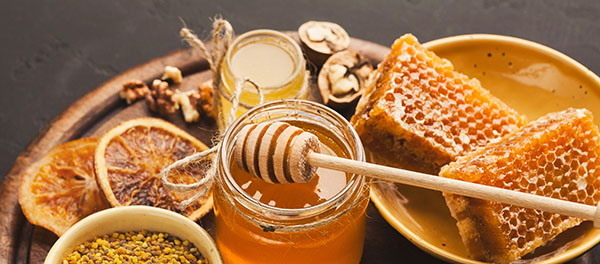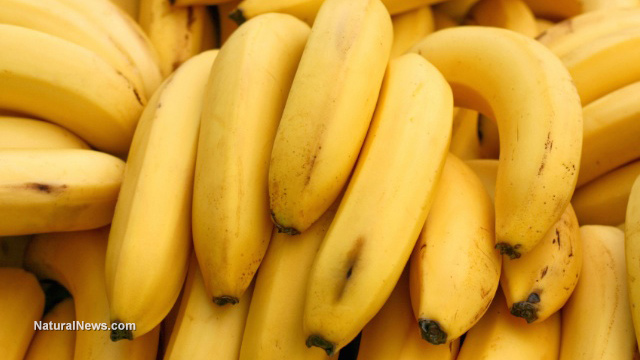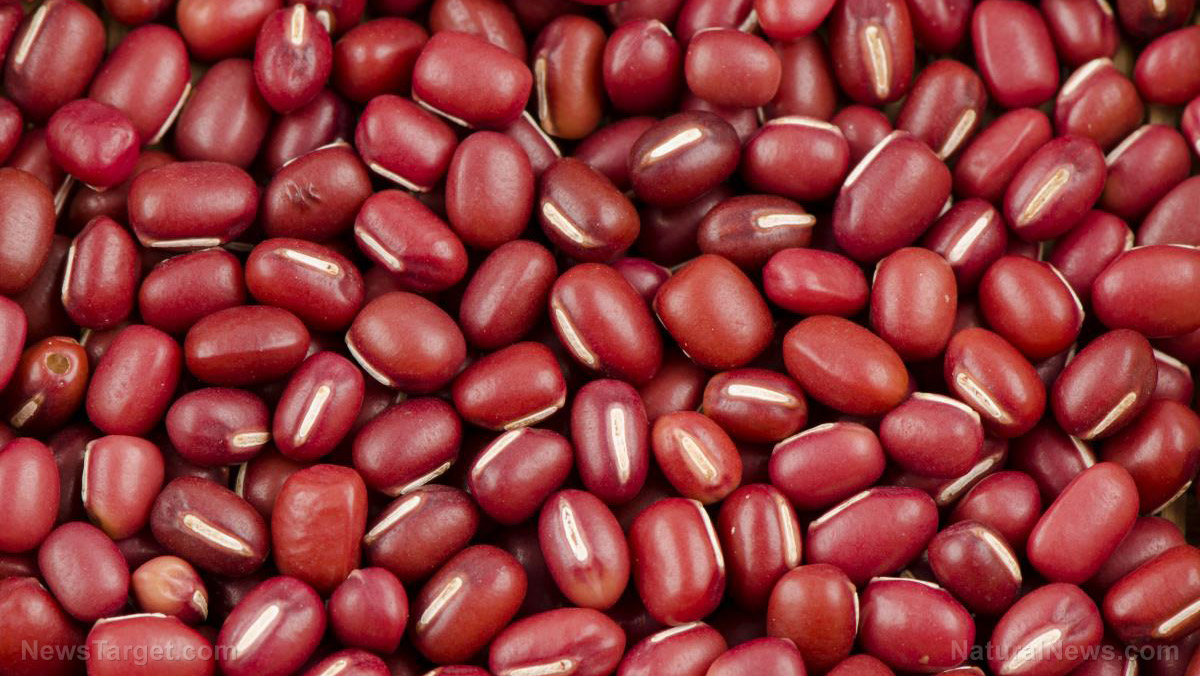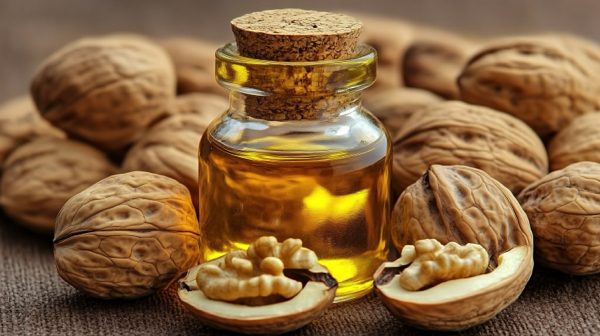Beet juice: A superfood for boosting heart health and physical performance
06/14/2025 / By Evangelyn Rodriguez
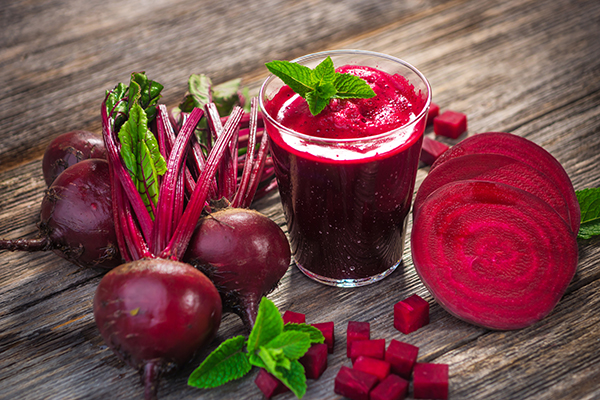
- Nitrate-rich beetroot juice significantly reduces systolic and diastolic blood pressure, benefiting those with hypertension or respiratory conditions.
- Nitrates from beets also helps improve oxygen flow, delays fatigue and enhances endurance, making beet juice popular among athletes.
- Betaine in beets can protect cells from oxidative stress, reduces inflammation and aids liver detoxification.
- Betalains, potent antioxidants in beets, can inhibit tumor growth and combat oxidative damage.
- Improved blood flow from nitrates can boost cognition, while beta-carotene supports vision and may prevent macular degeneration.
Beets — often overlooked in favor of flashier superfoods — are gaining recognition for their remarkable health benefits, particularly in lowering blood pressure, enhancing exercise performance and reducing inflammation.
Recent studies, including one published in the journal Nutrition, Metabolism and Cardiovascular Diseases, found that beetroot juice can lower systolic blood pressure in people with hypertension, with a significant effect up to 90 days of intervention.
With mounting evidence also linking beet consumption to improved brain function, cardiovascular health and even cancer prevention, nutritionists and athletes alike are embracing this vibrant root vegetable as a powerhouse of wellness.
The science behind beet juice’s benefits
Beets have been used medicinally since ancient times. For instance, the ancient Romans valued beets for its ability to relieve fevers, while the the ancient Chinese used it for blood purification. Today, modern science validates many of beets’ traditional uses, positioning beet juice as a natural, accessible alternative to pharmaceuticals and commercial products (e.g., sports drinks).
Here are two of beet juice’s widely reported benefits:
Lowers blood pressure
Beets are one of the richest sources of dietary nitrates, which the body converts into nitric oxide. This molecule is crucial for relaxing blood vessels and improving blood circulation.
According to a 2017 meta-analysis, drinking nitrate-rich beet juice regularly can help lower diastolic blood pressure by 1.32 millimeters of mercury (mm Hg) and systolic blood pressure by 3.55 mm Hg. This was later confirmed by the 2024 Nutrition, Metabolism and Cardiovascular Diseases study, which recommended a daily dose of 200 to 800 milligrams of nitrate from beet juice to enjoy a significant reduction in systolic blood pressure.
The blood pressure-lowering effect of beet juice is particularly beneficial to people with hypertension or respiratory conditions like chronic obstructive pulmonary disease (COPD), where improved oxygen flow can ease strain on the heart and lungs.
Boosts athletic performance
Elite athletes and weekend warriors are turning to beet juice as a natural (and legal) performance enhancer. Research shows that consuming beet juice before exercise can extend workout endurance by reducing the body’s oxygen demand. Nitric oxide’s role in dilating blood vessels allows muscles to work more efficiently, delaying fatigue.
This discovery has revolutionized sports nutrition, with Olympians and marathoners incorporating beet-based supplements into their regimens. Unlike synthetic stimulants, beet juice offers a clean, plant-based edge, making it a favorite among health-conscious competitors.
For maximum benefits, researchers recommend drinking beet juice within 90 minutes of starting your workout, training or any kind of physical activity. This is because nitrate reaches its peak value within two to three hours after ingestion.
Beyond blood pressure: Other uses for beet juice
The advantages of beets extend far beyond supporting cardiovascular health and optimal athletic performance. Beet juice can also be used for:
- Fighting inflammation and detoxifying – Betaine, a key compound in beets, has been shown to protect cells from oxidative stress and support liver detoxification.
- Cancer prevention – Phytonutrients in beets like betalains exhibit antioxidant properties, with studies showing betanin can inhibit tumor growth in certain cancers. (Related: Study: Betalains in beets can help reduce fatigue and boost athletic performance.)
- Supporting brain and eye health – Improved blood flow to the brain from nitrates enhances cognitive function, while beta-carotene, a precursor to vitamin A, safeguards vision against macular degeneration.
Once relegated to salad bars and pickled jars, beets are now at the forefront of nutritional science. Their ability to lower blood pressure, boost stamina and combat chronic diseases positions them as a rare example of “food as medicine,” with centuries of cross-cultural validation. Whether juiced, roasted or blended into smoothies, incorporating beets into your daily diet is a simple but scientifically proven step toward better health.
More stories about functional foods like beets can be found at Food.news.
Watch this video to learn why you should give beets a try.
This video is from the Winston Churchill Loves Vitamin D channel on Brighteon.com.
More related stories:
Fun and creative ways to incorporate beet juice into your daily routine for energy support.
6 Good reasons to eat more beets.
The vibrant journey of Beets: From ancient greens to modern superfood.
Sources include:
Submit a correction >>
Tagged Under:
alternative medicine, athletes, beet juice, beets, blood pressure, exercise, food cures, food is medicine, food science, functional food, health science, heart health, natural cures, natural health, natural medicine, naturopathy, nitrates, organics, phytonutrients, remedies, research
This article may contain statements that reflect the opinion of the author
RECENT NEWS & ARTICLES
COPYRIGHT © 2017 TOP 10 GROCERY SECRETS


